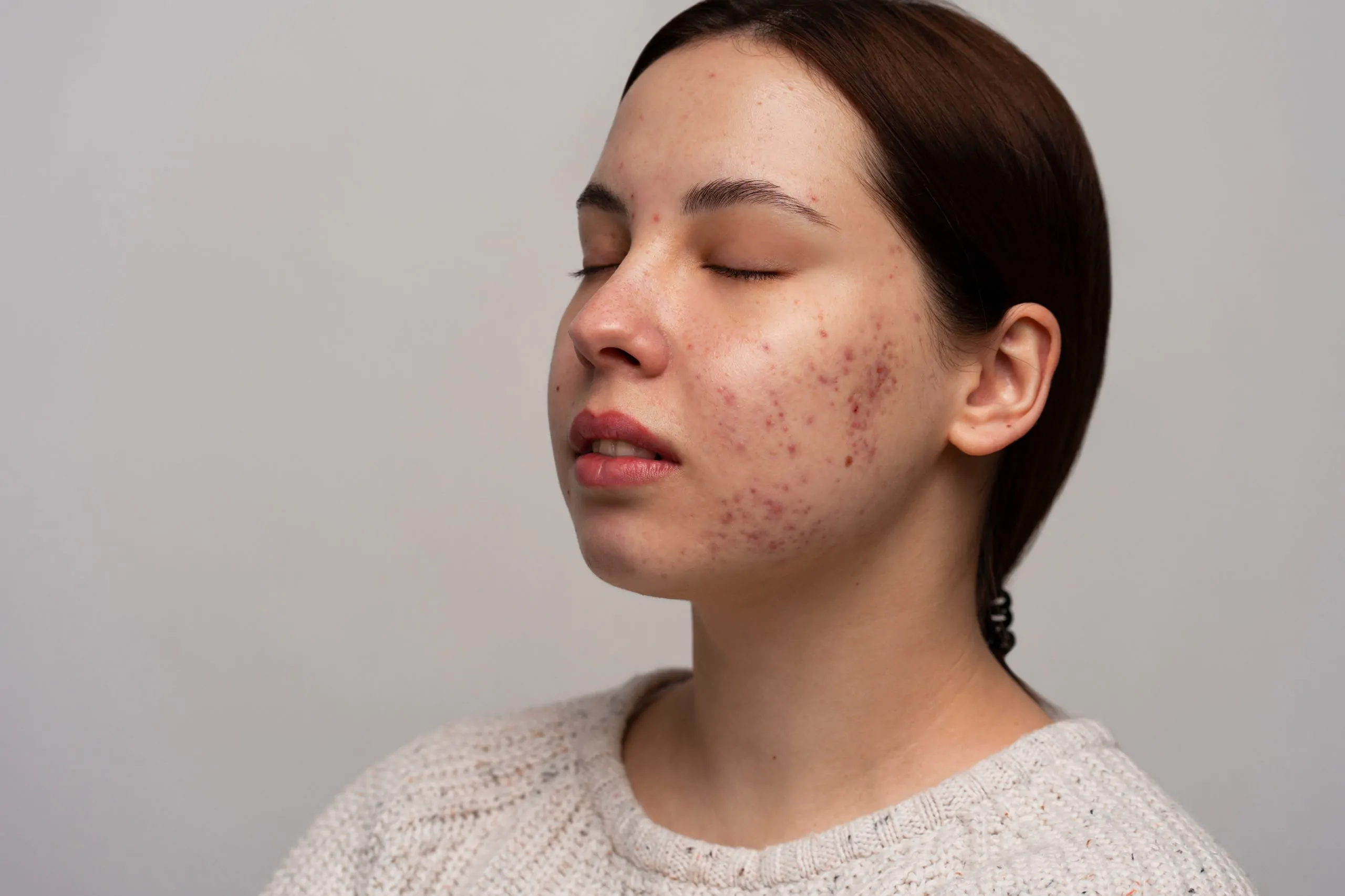Face Scars Treatment: Clearer Skin Starts Here
Face scars can significantly impact one’s self-esteem and confidence. Whether caused by acne, injuries, or surgeries, scars are a common concern for many individuals seeking to restore their skin’s smooth and even appearance. Thankfully, there are various face scars treatment options available, ranging from home remedies to advanced medical procedures. In this guide, we will explore effective treatments, including laser treatment for acne scars, and provide insights on how to remove scars from the face permanently and address deep face scars treatment.
Understanding Facial Scars
Facial scars form as part of the natural healing process when the skin repairs itself after an injury or inflammation. However, the severity and visibility of the scar depend on several factors, such as the wound’s depth, size, and location, as well as an individual’s skin type and healing ability.
Types of Facial Scars:
- Atrophic Scars: Depressed scars that sit below the surrounding skin, often caused by acne or chickenpox.
- Hypertrophic Scars: Raised scars that stay within the wound’s boundaries.
- Keloid Scars: Overgrown scar tissue that extends beyond the original wound.
- Contracture Scars: Resulting from burns, these scars can tighten the skin, potentially affecting movement.
Face Scars Treatment Options
When it comes to treating facial scars, the approach depends on the type, severity, and individual preferences. Here are some popular face scars treatment options:
1. Topical Treatments
Topical creams and gels are frequently the first line of defense against mild scars. These products contain active ingredients like retinoids, silicone, or hyaluronic acid to improve skin texture and reduce scar visibility.
- Silicone Sheets or Gels: Proven to flatten and fade scars over time.
- vitamin C Serums: Boost collagen production and lighten pigmentation.
- Retinoid Creams: Help with cell turnover and improve the appearance of atrophic scars.
2. Laser Treatment for Acne Scars
Laser therapy is a cutting-edge option for reducing scar appearance, especially for acne scars. This treatment uses focused light beams to target scar tissue, promoting collagen production and skin renewal.
- Ablative Lasers: Remove the outer layer of skin for deeper scars.
- Non-Ablative Lasers: Stimulate collagen production without damaging the skin’s surface.
- Fractional Lasers: Combine ablative and non-ablative techniques for precise treatment of deep face scars treatment.
Laser treatments are highly effective, but may require multiple sessions for optimal results.
3. Chemical Peels
Chemical peels involve applying a chemical solution to exfoliate the top layer of skin. This treatment is ideal for reducing the appearance of mild scars and uneven skin tone.
- Light Peels: For superficial scars and skin rejuvenation.
- Medium Peels: Target deeper scars and pigmentation.
- Deep Peels: Effective for severe scarring, but require a longer recovery period.
4. Microneedling
Microneedling, also known as collagen induction therapy, involves creating tiny punctures in the skin to stimulate collagen production. This treatment is especially effective for atrophic scars and works well in combination with other therapies like PRP (Platelet-Rich Plasma).
5. Dermal Fillers
For sunken scars, dermal fillers provide an immediate solution by plumping up the skin. Commonly used fillers include hyaluronic acid and collagen-based products. While results are temporary, lasting 6–12 months, they can significantly improve the skin’s appearance.
6. Surgical Scar Revision
For more severe or deep face scars treatment, surgical scar revision can be a viable option. This involves removing the scar tissue and suturing the wound to create a less noticeable scar. Techniques like Z-plasty or W-plasty are often used to improve scar alignment with natural skin folds.
7. Natural and Home Remedies
While home remedies cannot eliminate scars completely, they can help improve their appearance over time. Popular options include:
- Aloe Vera: Soothes the skin and promotes healing.
- Honey: Acts as a natural moisturizer and anti-inflammatory agent.
- Lemon Juice: Lightens pigmentation but should be used with caution to avoid skin irritation.
How to Remove Scars from Face Permanently
Removing scars permanently frequently requires a combination of treatments tailored to the individual’s skin type and scar severity. While no treatment can guarantee complete scar removal, advanced options like laser therapy, surgical revision, and microneedling can significantly diminish their appearance.
For those seeking how to remove scars from the face permanently, it’s essential to consult a dermatologist to determine the most effective approach. Consistency in following a treatment plan and maintaining good skincare habits is key to achieving the best results.
Tips for Preventing and Managing Facial Scars
- Treat Acne Early: Prevent scarring by addressing acne at its early stages with appropriate skincare and medications.
- Avoid Picking or Squeezing: Picking at scabs or pimples can worsen inflammation and lead to scarring.
- Protect Your Skin: Use sunscreen daily to prevent hyperpigmentation and protect healing scars from darkening.
- Maintain a Healthy Diet: A balanced diet rich in vitamins and minerals supports skin repair and regeneration.
FAQs on Face Scars Treatment
1. How can I remove my face scar?
You can remove or reduce facial scars with treatments like topical creams, laser therapy, microneedling, chemical peels, or surgical revision. Consulting a dermatologist can help identify the best approach for your skin type and scar severity.
2. What is the best treatment for facial scars?
The best treatment depends on the scar type. Laser therapy is highly effective for acne scars, while surgical revision works well for deep scars. Topical treatments can help with mild scars.
3. Can acne scars be 100% removed?
While it’s challenging to remove acne scars completely, treatments like laser therapy and microneedling can significantly reduce their appearance, providing smoother and clearer skin.
4. Can facial scars go away?
Facial scars may fade over time, but rarely disappear completely. With proper treatment and skincare, their appearance can be minimized to blend better with the surrounding skin.
Conclusion
Achieving clearer skin and minimizing the appearance of facial scars requires patience, consistent care, and the right treatments. From laser treatment for acne scars to advanced surgical options, a wide range of face scars treatment methods are available to suit every need. If you’re struggling with facial scars, consult a qualified dermatologist to develop a personalized plan for restoring your confidence and enhancing your skin’s appearance.

